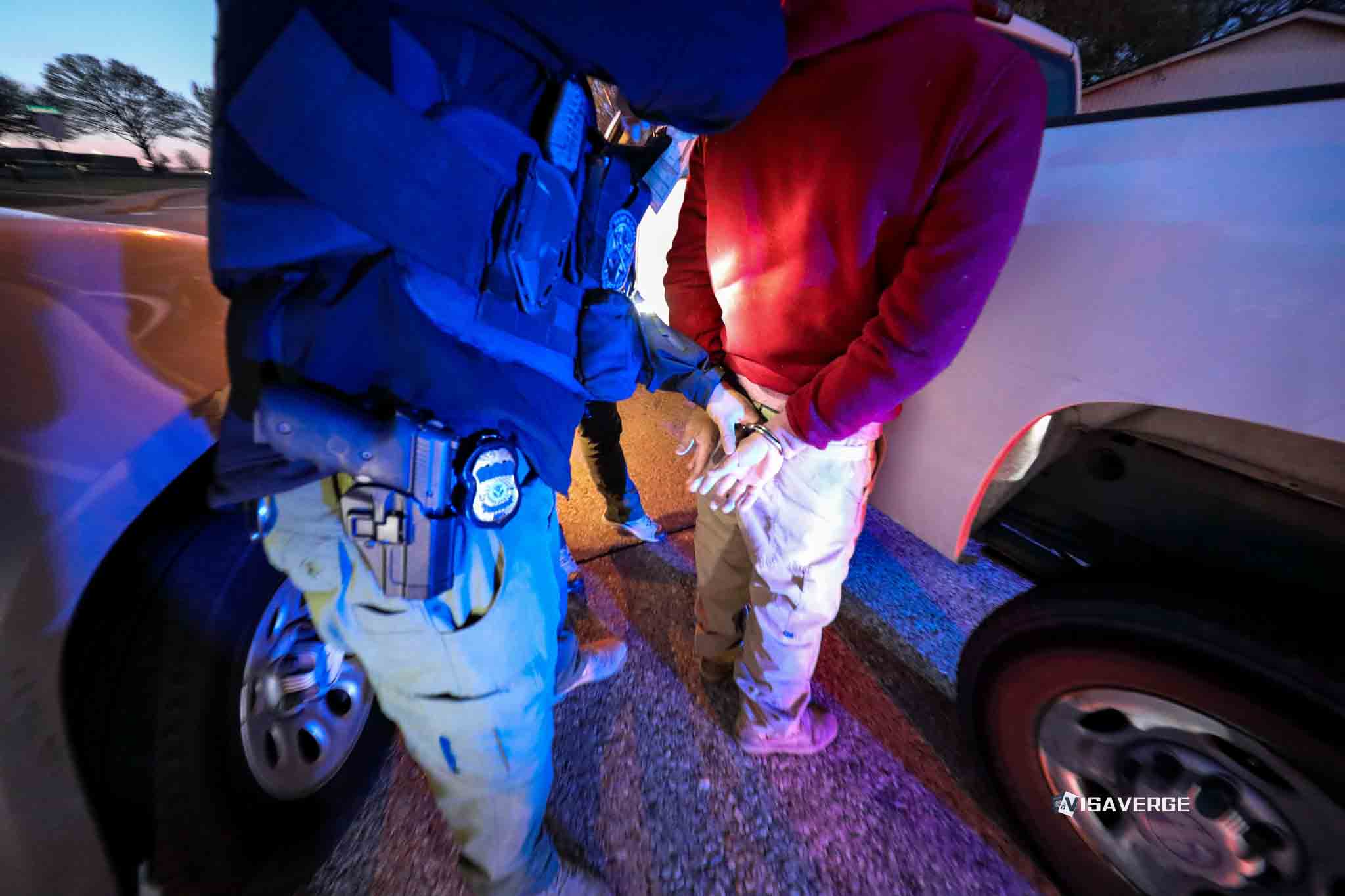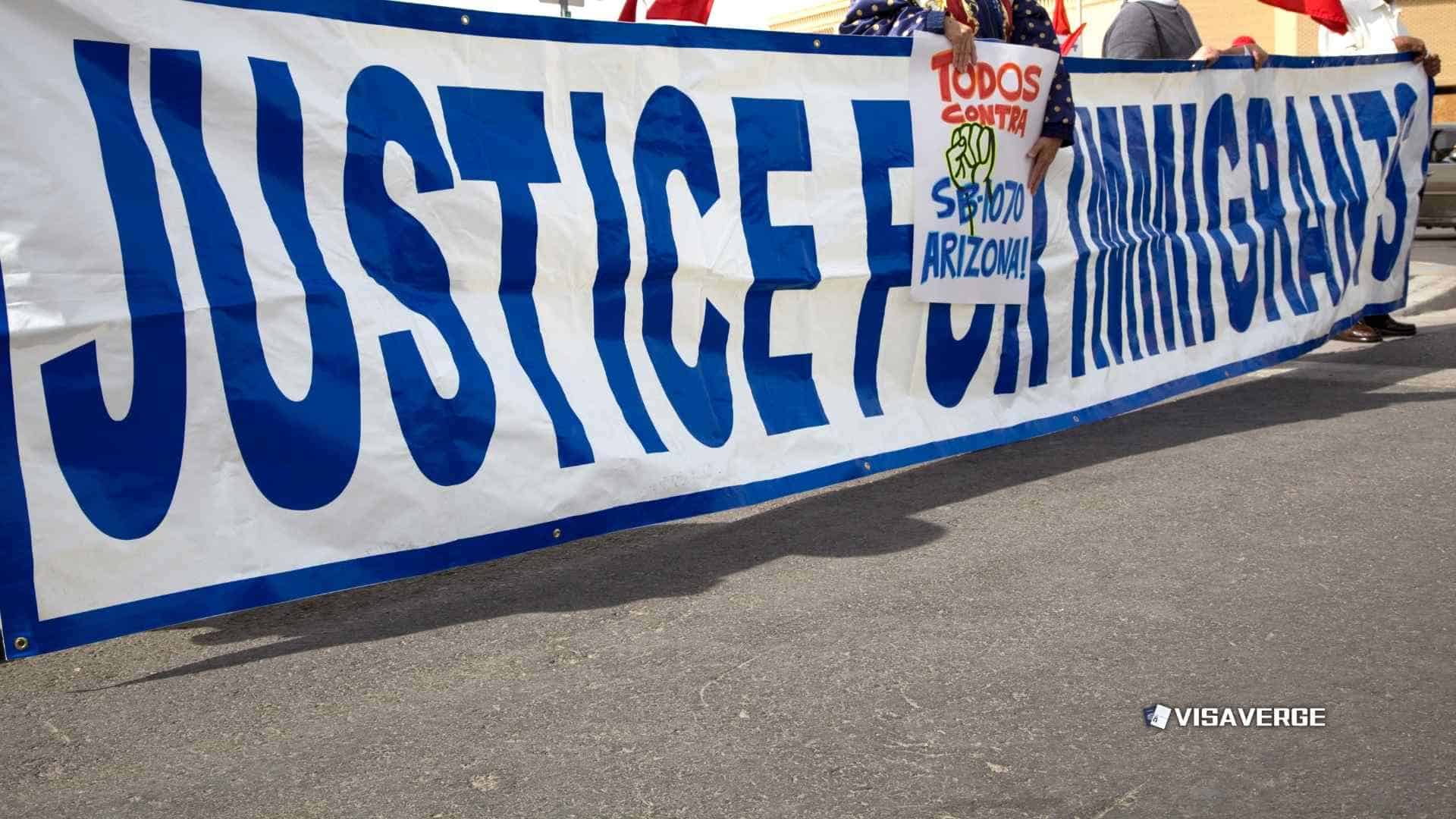Key Takeaways
• Football helps refugee players in Bournemouth regain identity, confidence, and social connections.
• Clubs and organizations provide registration, equipment, language support, and ongoing integration help.
• Amnesty International’s Football Welcomes program includes nearly 180 UK clubs encouraging refugee participation.
Football as a Pathway to Belonging: How Refugee Players in Bournemouth Are Rebuilding Their Lives
Football is more than just a game for many people around the world. For refugee players in Bournemouth, it has become a powerful way to find a sense of identity, make friends, and feel at home in a new country. This article explains how football is helping refugees in Bournemouth and across the United Kingdom 🇬🇧, what steps are involved for refugees who want to join local teams, and why these efforts matter for both individuals and communities.

What Does It Mean to Be a Refugee Player in Bournemouth?
A refugee is someone who has left their home country because of war, violence, or persecution and is seeking safety in another country. Many refugees arrive in the United Kingdom 🇬🇧 with few belongings and face big challenges: learning a new language, understanding new customs, and finding ways to connect with local people. For some, joining a football team in Bournemouth has been a life-changing experience.
Refugee players in Bournemouth are people who have come to the city from other countries and now play football with local teams. These teams often include people from many backgrounds, but for refugees, football can be especially important. As reported by VisaVerge.com, many refugee players say that being part of a football team has helped them “get their identity back.” This means they feel more like themselves again, even after losing so much.
Ben Maatoug, a personal advisor in Bournemouth, works closely with refugee footballers. He says that football gives these individuals their “identity back,” showing how important the sport is for their self-esteem and sense of belonging.
Why Is Football So Important for Refugees?
Football is a simple game that almost anyone can play, no matter where they come from or what language they speak. This makes it a perfect way for refugees to meet new people and become part of the community. Here are some reasons why football is so valuable for refugee players:
- Social Connections: Football teams bring people together. Refugees can make friends, learn about local culture, and feel less alone.
- Language Learning: Playing football helps refugees practice English in a natural setting, making it easier to learn the language.
- Mental Health: Being active and part of a team helps reduce stress, anxiety, and depression, which are common among people who have fled difficult situations.
- Sense of Belonging: Wearing a team shirt and playing matches helps refugees feel like they are part of something bigger.
Many refugee players in Bournemouth say that football has helped them feel at home again. They talk about regaining confidence, building new friendships, and finding joy in everyday life.
How Do Refugees Join Football Teams in Bournemouth?
Joining a football team in Bournemouth is a step-by-step process, but local clubs and organizations work hard to make it as easy as possible for refugees. Here’s how it usually works:
1. Contact Local Football Clubs
Refugees or their advisors can reach out to local football clubs to ask about joining. Many clubs are listed in the Fare Network database, which helps connect refugees with teams that welcome new players. Community organizations and local councils can also help refugees find the right club.
2. Registration
Once a refugee finds a club, the next step is registration. Clubs often help with this process and may waive fees or provide support for those who cannot afford to pay. This makes it possible for more refugees to join, even if they have limited money.
3. Training and Integration
After registration, refugee players can join regular training sessions and matches. Clubs often offer extra support, such as language help, transportation, or equipment like boots and kits. This support helps refugees feel comfortable and included.
4. Ongoing Support
Many clubs and organizations continue to help refugee players after they join. This might include mentoring, social events, or help with other challenges like finding work or housing.
Key Point: Refugees do not need to be expert footballers to join a team. Most clubs welcome players of all skill levels and focus on fun, friendship, and learning.
Who Supports Refugee Football Players in Bournemouth?
Several organizations and people are working together to help refugee players in Bournemouth and across the United Kingdom 🇬🇧. Here are some of the main supporters:
Amnesty International UK
Amnesty International runs the “Football Welcomes” programme, which celebrates and supports refugee participation in football. This programme started in 2017 with just 30 clubs and grew to nearly 180 clubs by 2019. It now includes over half of Premier League teams and most Women’s National League teams. The programme runs every April and encourages clubs to open their doors to refugees.
Fare Network
The Fare Network is a group that works across Europe to help refugees and asylum seekers join local football clubs. They keep a database of clubs that welcome refugees and offer resources and toolkits for clubs that want to get involved. The Fare Network also supports clubs in providing training, equipment, and social support.
Local Football Clubs and Community Organizations
Local clubs in Bournemouth play a key role in welcoming refugee players. They organize training sessions, matches, and social events. Community organizations often help with language support, transportation, and other needs.
Personal Advisors
People like Ben Maatoug, who work as personal advisors, help refugees find football teams, register, and settle into their new lives. They offer guidance, encouragement, and practical help.
What Are the Rights and Opportunities for Refugee Football Players?
Refugee players in the United Kingdom 🇬🇧 have the right to join local football teams, just like anyone else. There are no special restrictions that prevent refugees from playing grassroots football. In fact, many clubs and organizations go out of their way to make sure refugees feel welcome.
Opportunities for Refugee Players:
- Playing in Local Leagues: Refugees can play in local leagues and tournaments, gaining experience and confidence.
- Coaching and Volunteering: Some refugees become coaches or volunteers, helping others and building new skills.
- Pathways to Professional Football: While most refugee players join grassroots teams, some have gone on to play at higher levels, including professional clubs.
Important Note: Refugees who want to play in official matches may need to show proof of identity or registration. Clubs and advisors can help with this process.
For more information about refugee rights and support in the United Kingdom 🇬🇧, you can visit the official UK government page on asylum support.
How Does Football Help Refugees Integrate Into the Community?
Integration means becoming part of a new society, making friends, and feeling at home. Football is a powerful tool for integration because it breaks down barriers and brings people together. Here’s how football helps:
- Building Friendships: Refugee players meet local people and other newcomers, creating strong social networks.
- Learning Local Customs: Through football, refugees learn about British culture, traditions, and ways of life.
- Improving Language Skills: Playing and talking with teammates helps refugees practice English in a fun and relaxed way.
- Boosting Confidence: Scoring a goal, making a good pass, or just being part of a team helps refugees feel proud and confident.
Community organizations say that football also helps local people understand refugees better. It reduces prejudice and builds trust between different groups.
Real-World Examples: Stories from Bournemouth
Refugee players in Bournemouth have shared many stories about how football has changed their lives. Some arrived in the United Kingdom 🇬🇧 with nothing but the clothes they were wearing. They felt lost and alone. Joining a football team gave them a reason to get up in the morning, a place to belong, and a way to make new friends.
One refugee player said, “When I play football, I forget my problems. I feel happy and free.” Another shared, “My teammates help me with English, and now I can talk to people more easily.”
Ben Maatoug, the personal advisor, has seen these changes firsthand. He says that football gives refugees their “identity back,” helping them feel like themselves again after so much loss.
How Do Clubs and Communities Benefit?
Welcoming refugee players is not just good for the refugees—it’s good for the whole community. Here’s why:
- Stronger Communities: Football brings people from different backgrounds together, creating a sense of unity.
- New Talent: Refugee players often bring new skills and passion to local teams.
- Positive Role Models: Refugee footballers can inspire others, showing what is possible with hard work and support.
- Better Understanding: Playing together helps break down stereotypes and build respect.
Local clubs in Bournemouth report that having refugee players has made their teams more diverse, friendly, and successful.
What Are the Challenges and How Are They Overcome?
While football offers many benefits, there are also challenges. Some refugees face language barriers, lack of money for equipment, or difficulties with transportation. Others may feel shy or unsure about joining a new group.
Clubs and organizations work hard to overcome these challenges by:
- Providing Free or Low-Cost Equipment: Many clubs offer boots, kits, and other gear to refugees who need them.
- Offering Language Support: Coaches and teammates help refugees learn English on and off the pitch.
- Arranging Transportation: Some clubs organize rides or cover travel costs for players who live far away.
- Creating Welcoming Environments: Clubs focus on kindness, patience, and understanding to help refugees feel safe and included.
How Does the “Football Welcomes” Programme Work?
The “Football Welcomes” programme, run by Amnesty International UK, is a national campaign that encourages clubs to open their doors to refugees every April. The programme includes:
- Special Matches and Events: Clubs host games and activities to welcome refugees and raise awareness.
- Training for Coaches: Clubs receive guidance on how to support refugee players.
- Community Outreach: The programme helps connect refugees with clubs and resources.
Since its start in 2017, “Football Welcomes” has grown quickly, showing the strong support for refugee players across the United Kingdom 🇬🇧.
Historical Background: Refugees and Football in the UK
The United Kingdom 🇬🇧 has a long history of welcoming refugee footballers. In the 1930s, children fleeing the Spanish Civil War found safety and friendship through football. Over the years, many refugees have joined local teams, bringing new skills and stories.
In recent years, grassroots initiatives have grown, with more clubs and communities opening their doors to refugees. National campaigns like “Football Welcomes” have helped raise awareness and encourage participation.
Looking Ahead: The Future of Refugee Football in Bournemouth and Beyond
The movement to use football as a tool for refugee integration is growing. Experts expect more clubs, organizations, and communities to get involved in the coming years. Ongoing advocacy may lead to more funding, better support, and new policies to help refugees join local teams.
The annual “Football Welcomes” initiative is likely to expand, with more clubs and communities joining each year. This means even more opportunities for refugee players to find belonging, build skills, and contribute to their new homes.
Practical Steps for Refugees Who Want to Play Football
If you are a refugee in Bournemouth or anywhere in the United Kingdom 🇬🇧 and want to join a football team, here’s what you can do:
- Contact Local Clubs: Ask your advisor, community organization, or use the Fare Network database to find a club near you.
- Ask About Registration: Most clubs will help you sign up and may waive fees if needed.
- Join Training Sessions: Go to practice, meet your teammates, and start playing.
- Ask for Support: If you need equipment, language help, or transportation, talk to your club or advisor.
- Get Involved: Take part in matches, social events, and community activities.
For more information or help, you can contact:
- Fare Network: [email protected]
- Amnesty International UK: [email protected]
Conclusion: Football Brings Hope and Belonging
For refugee players in Bournemouth, football is much more than a sport. It is a way to rebuild their lives, make friends, and feel at home in a new country. Supported by local clubs, organizations, and national programmes like “Football Welcomes,” refugee footballers are finding hope, confidence, and a sense of belonging.
These efforts benefit everyone—refugees, local communities, and the wider society. As more clubs and organizations join the movement, football will continue to play a key role in helping refugees build better futures in the United Kingdom 🇬🇧.
If you want to learn more about how football supports refugees or find a club near you, visit the Fare Network’s official website for resources and contact information.
Learn Today
Refugee → A person forced to leave their country due to war, violence, or persecution seeking safety.
Registration → The process of formally signing up a player for a football club or team.
Integration → The process by which refugees become part of their new community and society.
Football Welcomes → An Amnesty International UK program promoting refugee participation in football nationwide each April.
Fare Network → A European group connecting refugees with football clubs and providing support resources.
This Article in a Nutshell
Football in Bournemouth empowers refugee players to rebuild lives through identity, friendship, and community. Supported by clubs and programs like Football Welcomes, refugees join teams regardless of skill, gaining confidence, language skills, and belonging in the UK’s inclusive football community.
— By VisaVerge.com













